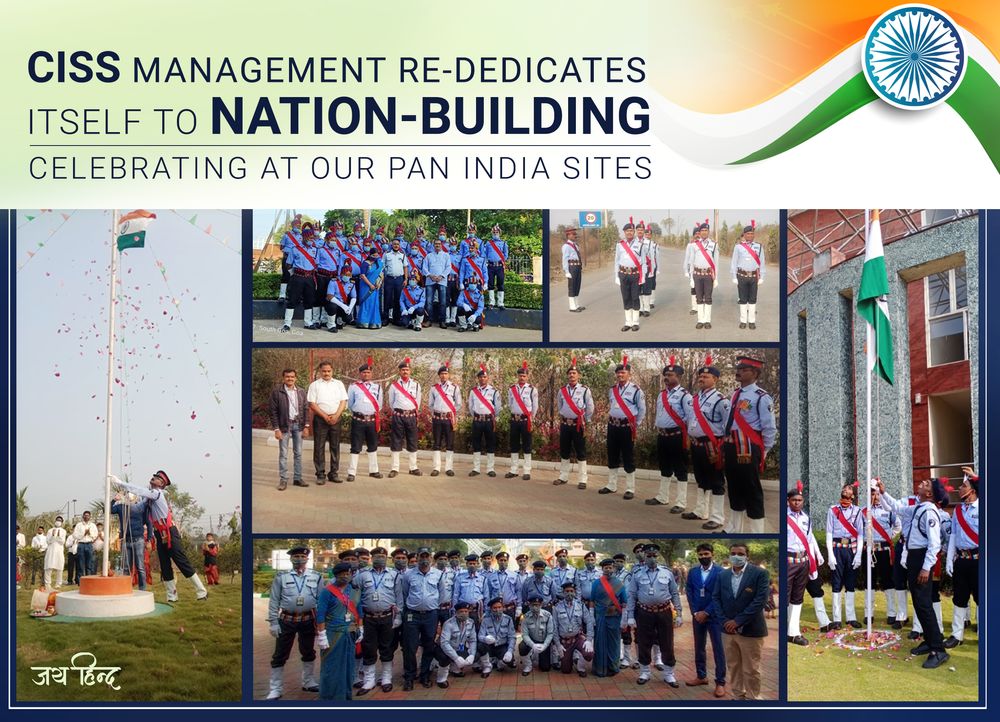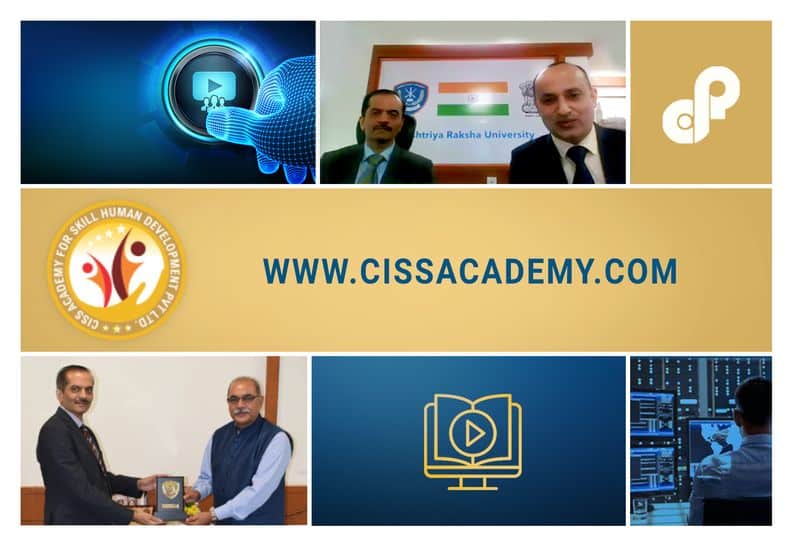TIME TO RE-BOOT PRIVATE SECURITY INDUSTRY IN INDIA
“Security is a fundamental need of humanity hence security service is a recession free business. We shall overcome and survive all the tribulations of times”.
BACKGROUND
In the 70’s when PSI (Private Security Industry) was in its nascent stage, PSAs (Private Security Agencies) could demand mobilization fee to the extent of one month’s cost of service, which was later amortized over a few months. Alternately some agencies insisted and did receive advance payments for their services. However, then the business format was rudimentary and compliances were not stringent. Over these five decades or so, Guarding services have transformed into a recognized Industry, complete with watchdog agency, legislations and regulatory framework, the Private Security Agency (Regulations) Act, 2005, (PSARA). The PSI is mentored by CAPSI (Central Association of Private Security Industry), which functions both ways; like a watchdog and like a representative interphase between the Industry and Governing bodies and the Government. To further the cause of skill development in the PSI under the ages of Skill India movement, the SSSDC was formed to set up NOS (National Occupational Standards) for the PSI and implement Skill training and certifications under the various schemes launched under NSDC.
Open data sources indicate that the Indian PSI is today, app. INR 90,000 crores size business operated by 12,848 active PSARA licensed PSAs (Total PSARAs issues is 21,750 out of which 8904 PSARAs have expired), the largest employer in India employing app. 90 lakh security guards which includes 90% in unorganized segment. Globally, Security industry will touch app. $127 billion by 2021.
WHAT AILS PRIVATE SECURITY INDUSTRY IN INDIA
This industry presently thrives on common minimum demand and supply fulfillment on price and value proposition hence prices are always under immense pressure as low satisfaction level is acceptable to the service takers. This defeats the aspiration and objects of all stakeholders in PSI, i.e. the employer, the agency and the employee. Markets cannot be regulated or dictated by service providers or by regulator. Security needs get relegated to lowest priority at recipient business value structures. Markets see very poor RoI on their security spends hence just per-functionary physical security (guarding) provisions are called for. Mostly it is seen that physical asset losses attributed to functions of it’s physical security (guarding) is generally negligible in comparison that decision makers do not find any viability in allocating anything more than the minimum required as visual deterrence. Furthermore, most of the business securitization, including loss of physical assets under manned guarding cover, is mitigated or loss recovered against various formats of insured risk covers. A vast majority of the manned guarding is mainly deployed for physical access control and regulating foot & vehicular traffic (a perception of Darwandari), watch & ward function over physical assets (a perception of Chowkidari) at sites where there is minimum demand and draw on specialist skill sets. Such deployment represents over 95% of manned guarding, which gets locally fulfilled by the unorganized players at low price points on low margins. The organized & accredited players have to compete amongst themselves for the balance 5% of market segmented on price, compliances, service quality standards, skills & training, management & ethics. Such stringent competition for prized contracts again gets defeated on the L1 factor. The PSA(R)A, CAPSI, SSSDC, NSDC, Statutory & Regulatory bodies can reach out to only this small block of organized players whose individual priorities of sustainability and profitability weigh over collective objective of the PSI.
Market dynamics dictate businesses; regulations and regulators can postulate but cannot dictate business decisions or results. Facilitators can facilitate those who seek facilitation. Within all these dynamics, the PSI finds its neutral equilibrium and a state of rest. Many Industry participants suggest that CAPSI engage with markets to enforce service standardization, mandatory skill parameters and pricing policies including statutory compliances and other employee welfare to the betterment of the Industry as such, however; in reality the stakeholders in question promptly embrace their position of limited comfort, hence all regulatory and sectorial development initiatives remain non starters.
ASPIRATIONS OF AN INDUSTRY
The PSI aspires greater cohesiveness amongst its’ proponents. The PSAs, which are greatly fragmented and scattered in vision and mission as articulated by CAPSI and PSARA; are not able to get themselves onboard with a simple majority. Instead of large representations of PSAs adapting the Swarm Theory of facing collective risks and achieving collective victories, they seek individualistic positions of comfort, running the lone wolf beat. This trend can be reversed if the Swarms see tangible incentives and real benefits of flying together. Numerous other Industry Associations and Bodies have evolved promotional mechanisms in this direction for their members. Through thoughtful and strategic maneuvering for best execution of the doctrine(s) prescribed within PSARA and CAPSI; all stakeholders would collectively alleviate the angst of their Industry.
ANTITHESIS
Notwithstanding the above, this author is of the opinion, to instead turn the entire narrative on its head by creating an antithesis to the status quo; that is to adopt the bottom-up employee empowerment approach whilst replacing the top-down institutional indoctrination process.
EMPOWERING THE WORKING CLASS
The contrarian adaptation is to supremely empower the weakest stakeholder i.e. the Security Guard. When he has the awareness, aspiration, ways & means, a clear direction to his legitimate livelihood & welfare, then he will be spurred to rise up to the expectations of the Industry. Bringing up the weakest & smallest stake unit(s) i.e. the security guard, collectively en-mass can bring dividends in small measures but in huge volumes. I am not referring to skilling and up-skillingalone, I suggest the Industry and Government may take a good hard look into the entire gamut of socio-economic empowerment and development of the humble security guard, as a national mission. His social security should honestly and genuinely be accrued to him, without short charging him on his legitimate wages, benefits, leave & family welfare, EPF and ESIC benefits and a plethora of other social benefits that the Government entitles employees in this bracket. When employees (beneficiaries) demand better lives & livelihood, better social status and aspire their mainstreaming in society, they will, to the best of my wish and desire, strive to deliver superlative service with pride and dignity. This would be a transformational strategy for the PSI.





